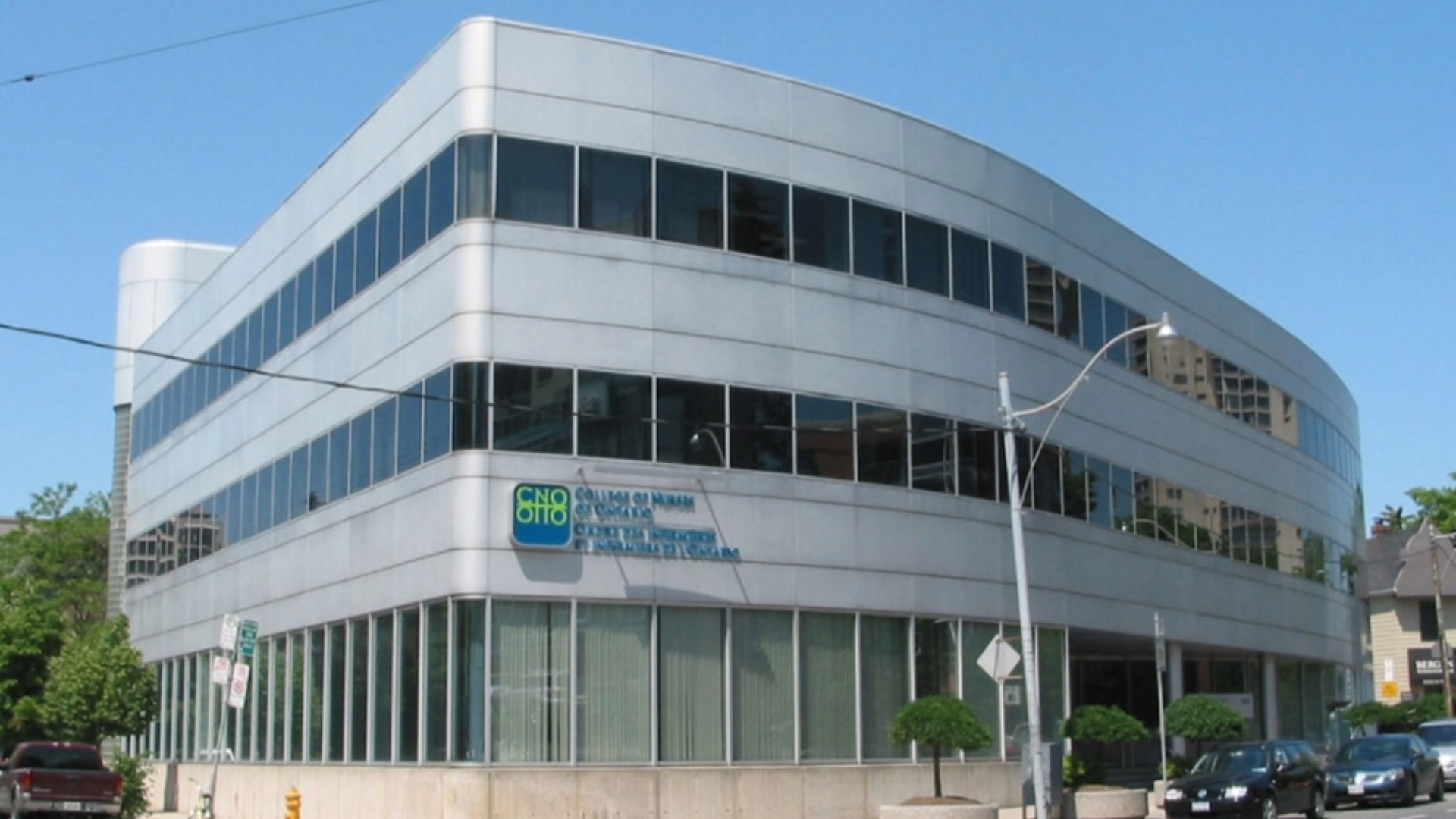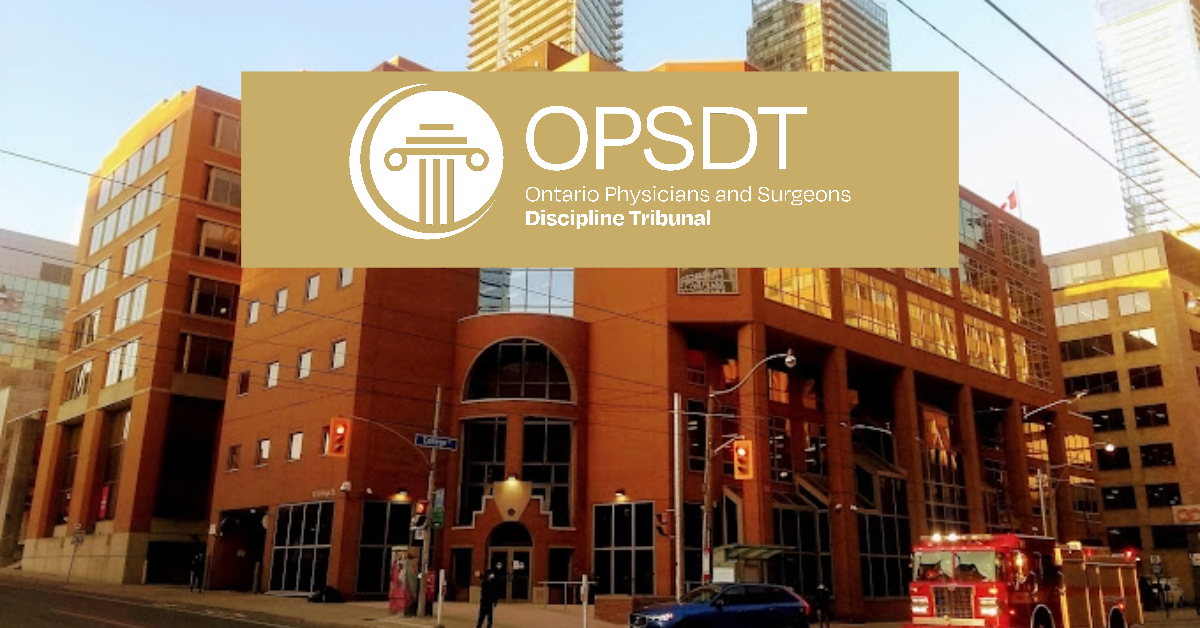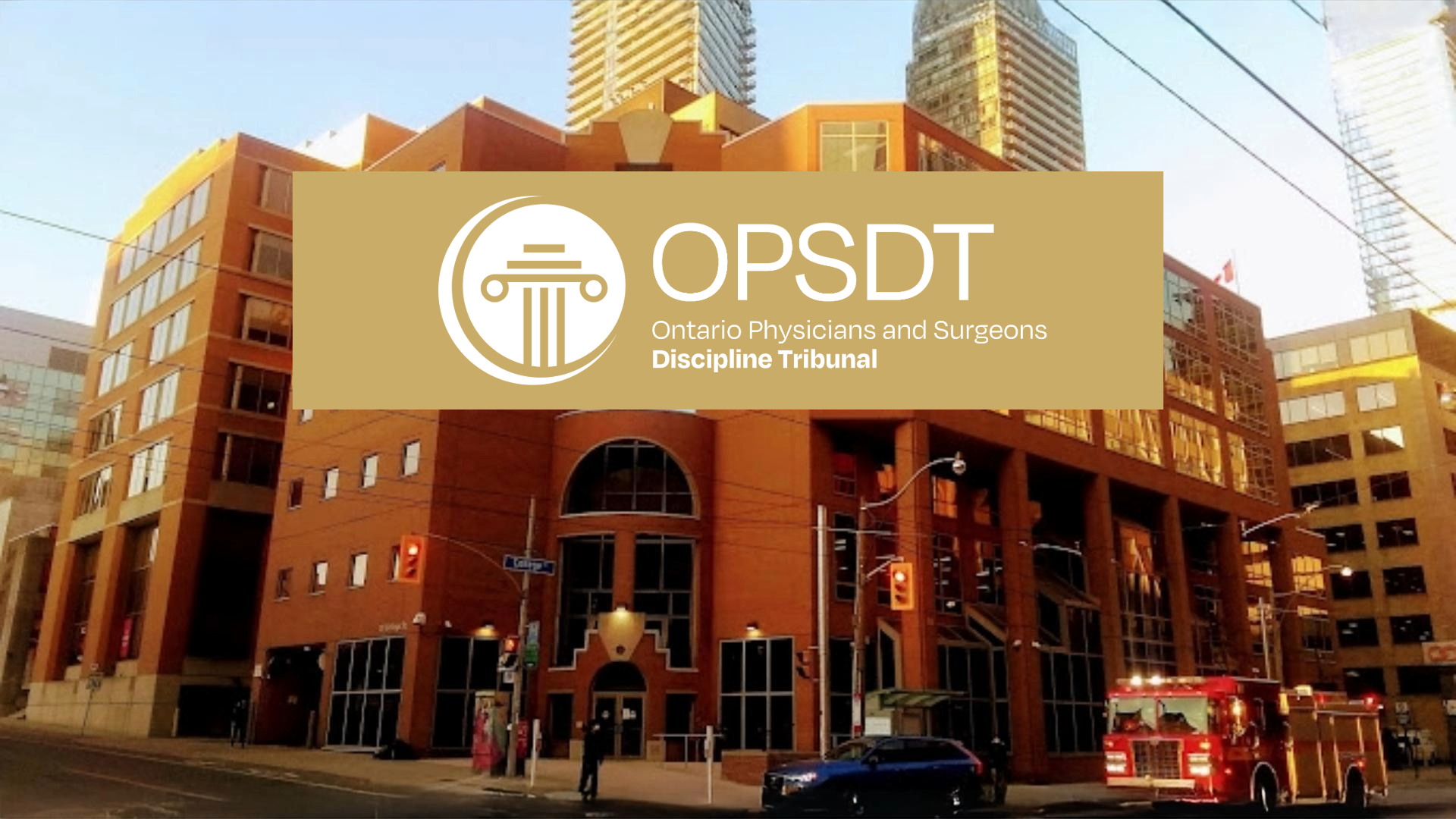
Nurse Alters Morphine Record, Patient Dies: CNO Orders Permanent Resignation
A Profound Breach of Trust in End-of-Life Care In CNO v. Lindsey Coyle, the Discipline Committee of the College of Nurses of Ontario addressed one

On November 9, 2024, CBC News posted the online article: “When you see different doctors, is anyone keeping track of your health? Often no, new report says.“
The article discusses the untimely demise of Greg Price, a 31-year-old patient who succumbed to complications from a surgery of testicular cancer. The circumstances of his death raised the importance of effective communication between healthcare providers. For Price, his health data remained trapped in distinct silos at different clinics and didn’t aid in timely decision making leading to delayed surgical intervention.
This issue is not an isolated one. According to a report by Dr. Ewan Affleck, the sharing of health information among healthcare professionals in Canada is often fragmented, which can lead to increased chances of medical errors. The report indicates that in many parts of Canada, health data is not digitally synced from one healthcare provider to another. This communication gap can lead to critical medical details becoming lost or overlooked in the referral process, as was observed in Price’s case.
Patients often express frustration at having to repeat their medical history and symptoms to different doctors, expecting that the information would be readily available across different healthcare platforms. As reported by CBC News, Teri Price, Greg’s sister and a patient safety advocate, highlighted the significance of having a patient’s care team having access to all necessary information, which currently isn’t the case.
The lack of interoperability among health information systems in Canada is a long-standing problem, with archaic methods like fax still being used to share patient data. In an attempt to curtail this issue, a federal bill, the Connected Care for Canadians Act, was introduced in 2024 to allow the secure access and sharing of personal health information among healthcare providers. The bill would also require technology companies to make their health software compatible with each other, promoting better information flow.
Communication errors between healthcare providers is a common cause of medical malpractice claims.
Given the serious implications of medical harm caused by errors in communication, it is important for patients to seek legal advice. Lack of proper communication can lead to misdiagnoses, delayed treatment, and even death. Employing the expertise of legal professionals can help patients understand their rights, explore possible legal recourse, and ensure that such incidents gain the attention they deserve to instigate systemic change.
Lawyers play a key role in advocating for patients who suffer harm due to medical errors.
A medical malpractice lawyer can provide invaluable support by thoroughly investigating the circumstances of the your care, identifying where failures in communication or procedure occurred, and determining who is at fault. With their expertise, lawyers gather essential evidence, consult with medical experts, and build a strong case to argue for compensation or corrective action. Additionally, by navigating the complexities of legal proceedings, they relieve patients of the burdensome task of dealing with healthcare providers and insurers. Lawyers ensure that the patient’s rights are protected and facilitate negotiations or litigation to secure fair settlements, often driving systemic improvements in patient care as a result.
While the technical capabilities to achieve free-flowing health information exist, the real constraints reside in the realms of governance and public policy. Efficient management of health data is not a mere possibility; it is a necessity that can save countless lives and improve overall healthcare quality.

A Profound Breach of Trust in End-of-Life Care In CNO v. Lindsey Coyle, the Discipline Committee of the College of Nurses of Ontario addressed one

What College of Physicians and Surgeons of Ontario v. Thirlwell, 2026 ONPSDT 5 Means for Patients and Public Trust In College of Physicians and Surgeons

Estate of Henders v. Lakeridge Health Oshawa, 2026 ONSC 701 In a significant decision for medical malpractice and long-term care litigation in Ontario, the Superior

What CPSO v. Faruqi Means for Patients and Physicians On January 21, 2026, the Ontario Physicians and Surgeons Discipline Tribunal released an important decision addressing